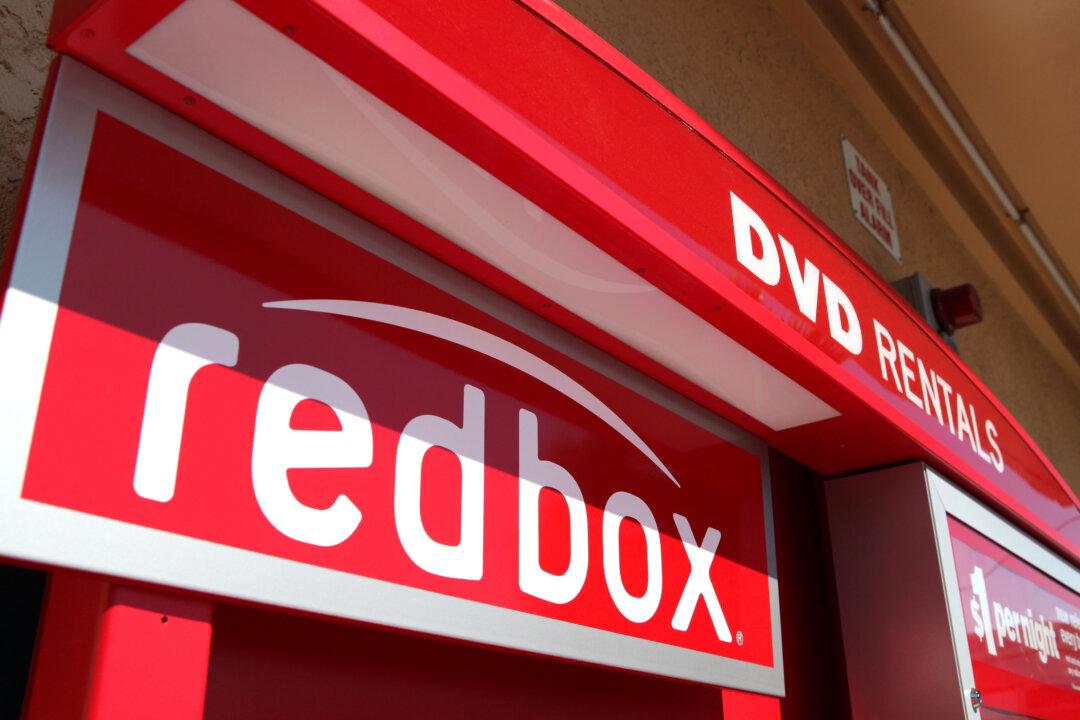The parent company of Redbox has filed bankruptcy, nearly two years after its ill-fated merger with the deeply indebted DVD kiosk operator.
Chicken Soup for the Soul Entertainment, which gets its name from the best-selling self-help book series, on June 28 filed for Chapter 11 protection in Delaware, listing assets and liabilities of at least $500 million each.





